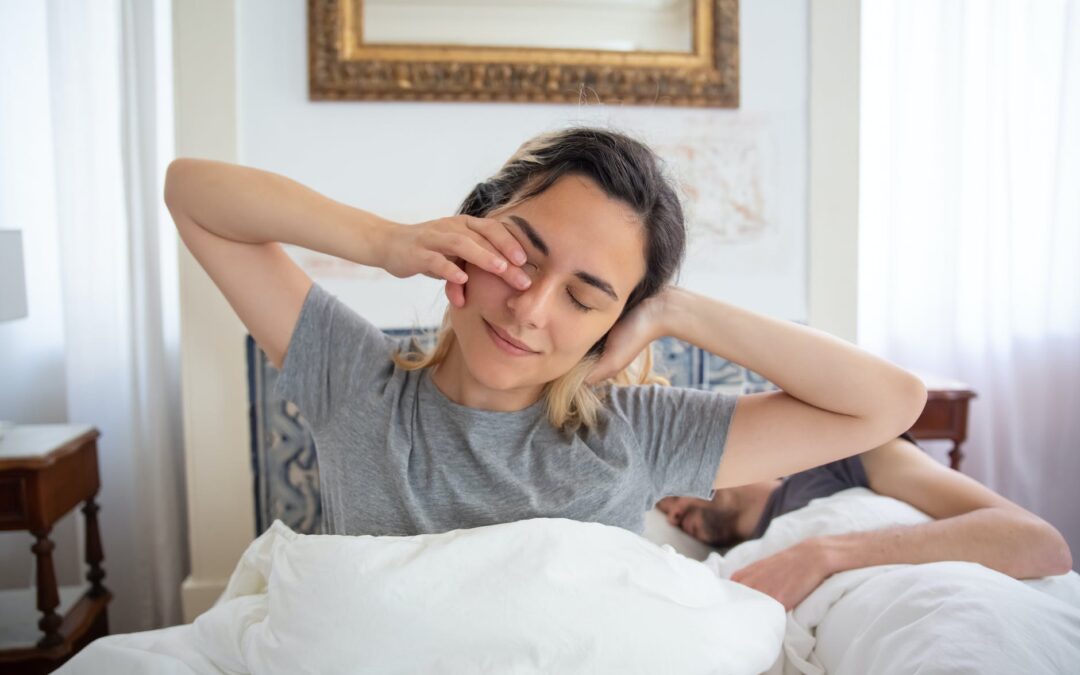Do I have Insomnia?
- Do you struggle to fall asleep?
- Do you have difficulties staying asleep?
- Do you spend your days feeling tired?
Insomnia is an extremely common and frustrating sleep disorder. A widespread condition, sufferers can experience difficulties staying asleep or even falling asleep. As a result, individuals enduring insomnia often spend their days combating exhaustion. This tiredness can also affect mental health and overall quality of life. No need to suffer it any longer, with our 12 easy steps, we’ll help you beat insomnia.
What is Insomnia?
Most adults require seven or more hours of sleep a night. Failing to achieve it can result in low energy, bad moods, poor work performance, and intellectual difficulties. There’s no denying that when we suffer from insomnia, normal functioning can be very hard.
Some insomnia lasts but a week (transient insomnia), while others can be a more recurring issue (acute insomnia) or even a long-term problem (chronic insomnia). Whichever type you may think you’re suffering from, the following tips and explanations should help you beat insomnia.
Around two-thirds (67%) of UK, adults claim to suffer from ‘disrupted sleep’, and around 23% sleep for no more than five hours a night.

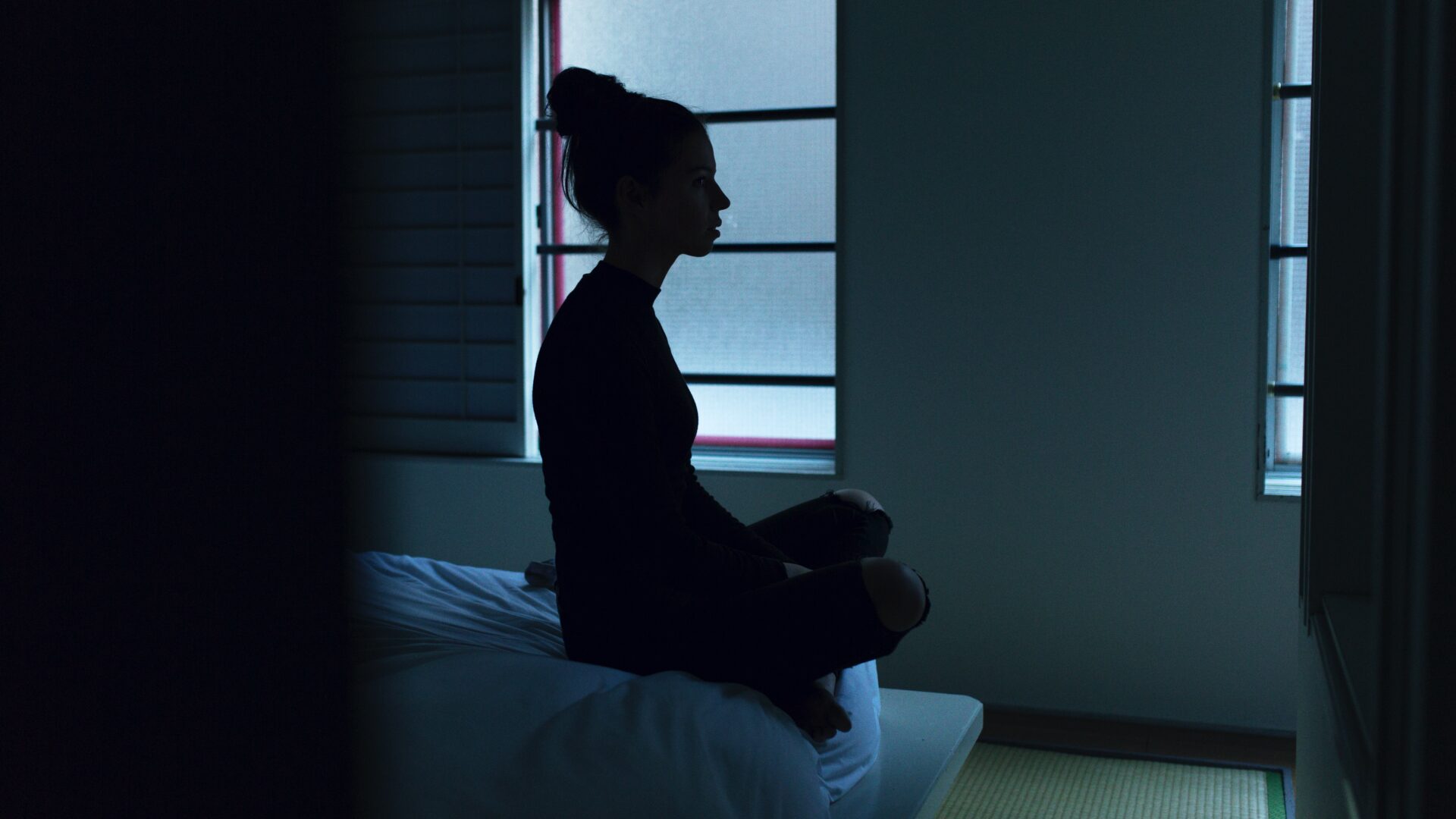
How To Beat Insomnia
Although at times it may seem like nothing can be done, the truth is that making a few tweaks to your diet and night-time routine can help with overcoming many sleep problems. Assuming your sleep difficulties are not being caused by an illness, mental health conditions, or medication use, the following guidelines should help set you on the journey back to restful, healthy sleep by beating insomnia.
1. Stick to a Consistent Bedtime Routine
Much of our lives are dictated by our habits, whether good or bad. Sleeping is no exception to this, and an inconsistent bed time means your body clock is constantly having to second guess itself. By getting yourself to bed at the same time every night you are helping develop a routine that lets your body know what is expected of it, and when. In order to develop this routine successfully, you should choose a regular time when you know you are likely to feel tired, and stick to it every night.
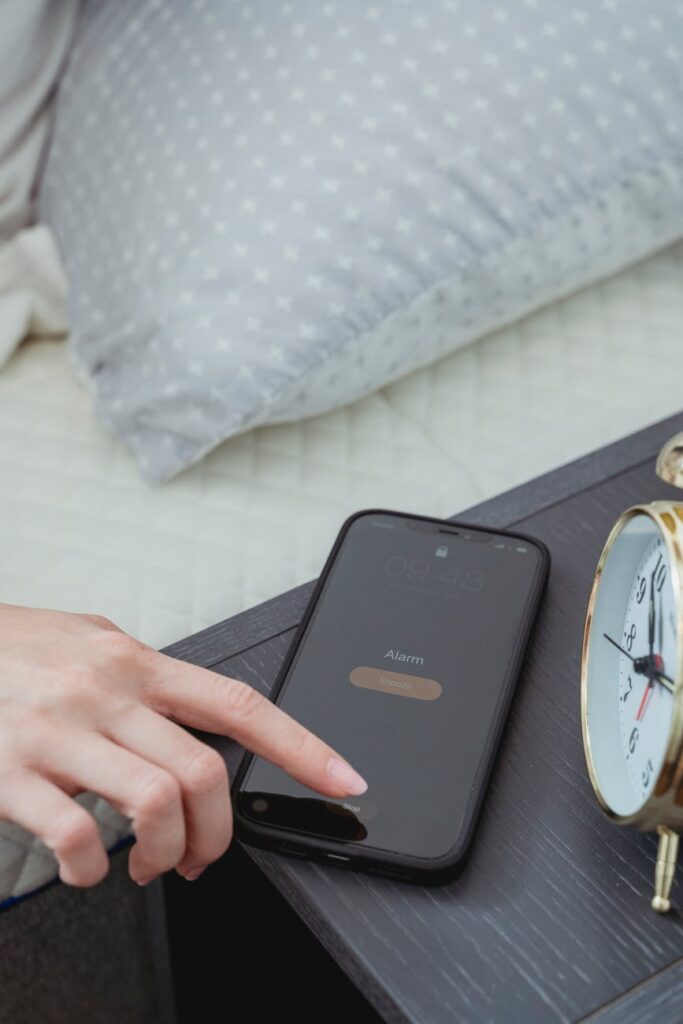
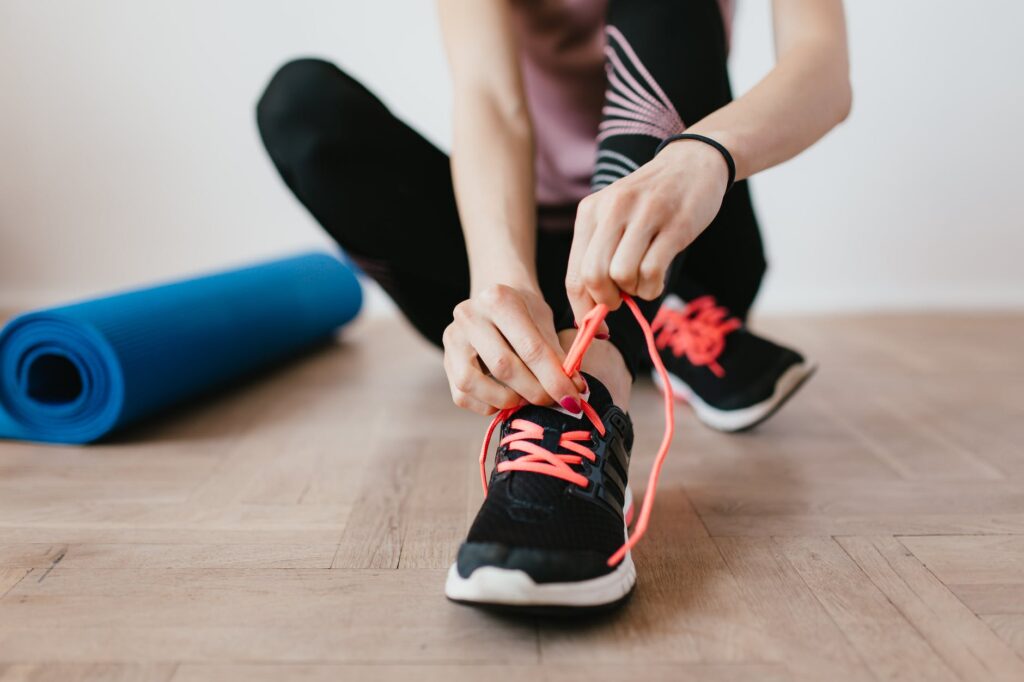
2. Exercise Regularly for Better Sleep
Exercising on a regular basis helps to alleviate the stresses that build up during the day. Not necessarily dependent on intensity, outdoor walking or swimming are just as beneficial at releasing the tensions and stresses that can hamper a good night’s sleep as a marathon run. It is important to note however, that due to an increased heart rate, excessive or vigorous exercising too close to bedtime can in fact cause further complications for falling asleep. With this in mind, be sure to schedule your workouts with plenty of time to unwind before going to bed.
3. Create a Relaxing Bedroom Environment
Be sure to create an environment that promotes sleep if you’re wanting to beat insomnia. To make your bedroom sleep ready it is advised to create a dark, quiet, and tidy space to wind down in. The ideal temperature to aid in a night of better sleep is between 18C – 24C. Lighting and noise should be kept under control so that your sleeping space effectively aids in both falling and staying asleep. The NHS website advises that if a pet normally sleeps in the room with you, consideration should be given to making it sleep elsewhere, as an animal in the bedroom can contribute to sleep disruption. Check out our guide on creating a more relaxing bedroom for further advice.
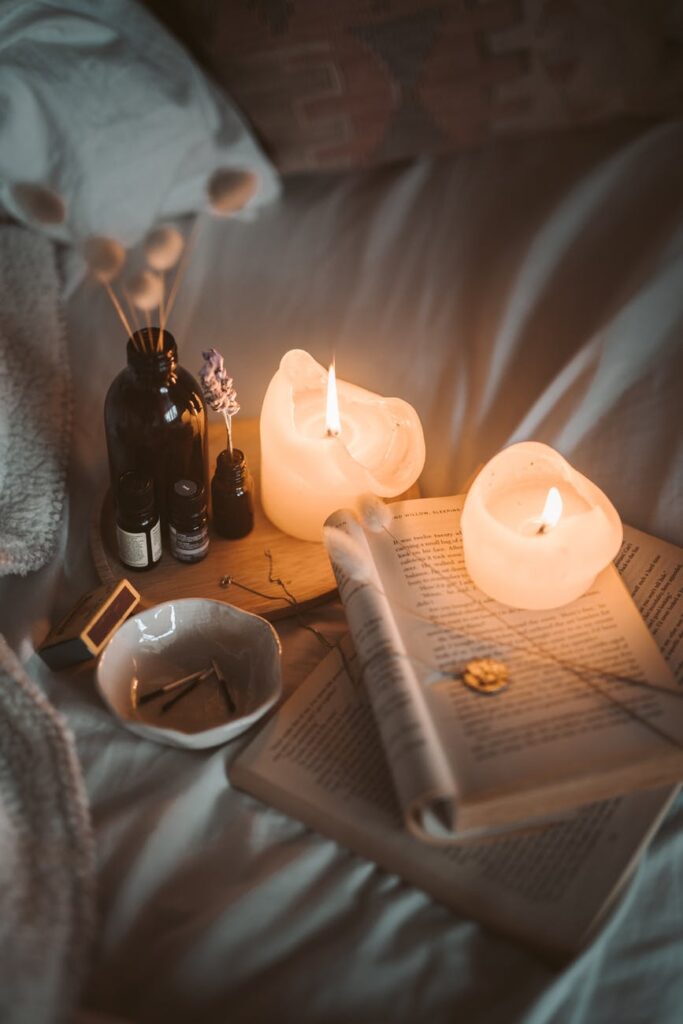
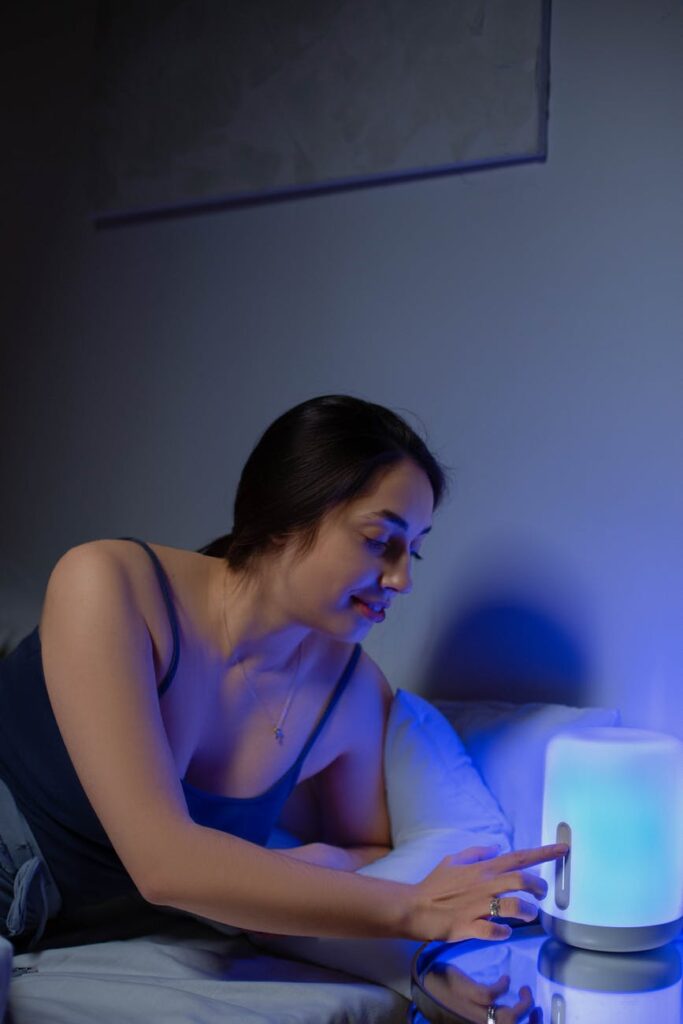
4. Cut the Caffeine to Avoid Poor Sleep
Due to its stimulating properties, caffeine is often a major contributor when it comes to sleep struggles. Overconsumption of caffeine, or drinking at the wrong times, can heighten insomnia problems and result in tiredness. It is advised that an individual should consume their last caffeinated beverage at least 6 hours before they plan to go to sleep. For those who regularly consume such drinks, a switch to a decaf alternative is highly recommended.


5. Stop Smoking for Improved Rest
Much like caffeine, nicotine is a stimulant and can therefore prove a problem in getting a good night’s sleep. People who smoke can often take longer to fall asleep than those who don’t, and even develop related conditions such as sleep apnoea, which can make beating insomnia all that more difficult. More likely to wake up during the night, smokers are often left feeling tired the following day and in need of extra ‘hits’, which can lead to further poor sleep.
6. Beating Insomnia Requires Relaxing and Winding-Down at Bedtime
Taking time to properly relax and wind down in the evening can hugely improve your chances of getting to sleep. A hot bath or shower, listening to relaxing music, and putting blue light screens away before you head to bed are all extremely useful in helping you to get to sleep quicker. Looking at screens can negatively impact the body’s natural sleep hormone, so switching all technology off at least an hour before bed and substituting them for relaxing or light yoga can vastly improve your chances of falling asleep.

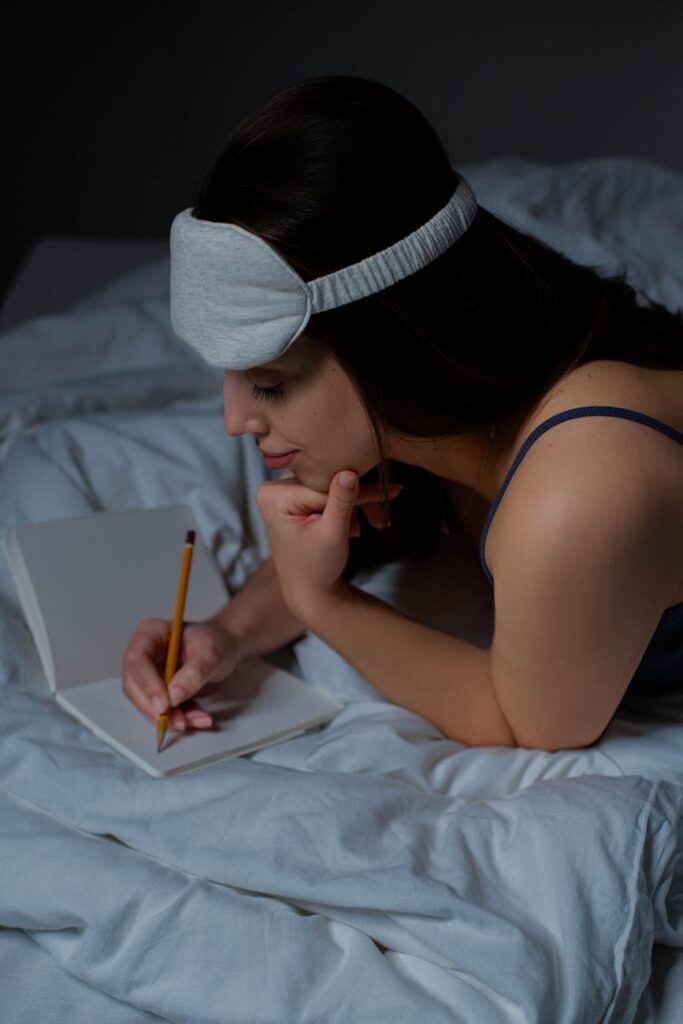
7. Release Your Stresses by Writing a ‘Worry Journal’
Stress is a prime factor for many when it comes to getting to sleep. High levels of stress and worry during difficult periods of life often heighten insomnia. If you are experiencing these difficulties at night-time, it might be a good idea to write down your worries in a journal. Much like talking your problems through with someone, it can be a cathartic experience. It might not solve your problems, but it can help allay your troubles for the duration of the night.
8. Avoid Excessive Alcohol Before Bedtime
Overindulging in food or excessive alcohol before bed can cause problems for sleep. Whilst alcohol may help you to doze off, it actually delivers a very poor quality of sleep that can leave you feeling tired the next day. Keeping you in the lighter stages of sleep, alcohol prevents the brain from properly achieving a deep sleep and the REM (Rapid Eye Movement) phases of sleep your body requires for a good night’s rest.


9. A Key Element In Beating Insomnia Is Ensuring You Have a Good Mattress
A leading reason for poor sleep hygiene is an inappropriate mattress. One of the most important actions you can take towards getting a good night’s sleep is to provide yourself with a mattress suited to your individual needs. If you feel your bed is not conducive to getting relaxed, whether it be the size, the firmness, or its age, speaking to a Land of Beds expert can help you find a mattress that’s more suitable.
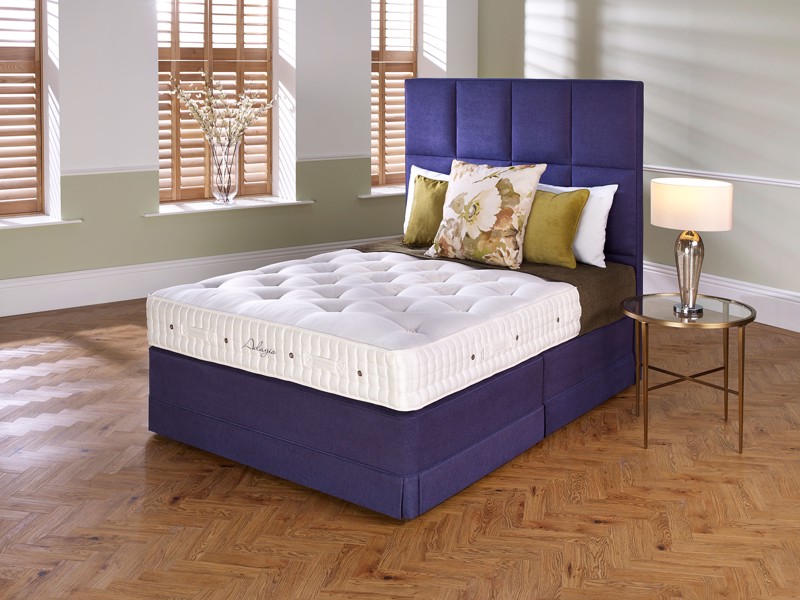

10. Practice Cognitive Behavioural Therapy for Better Sleep
Negative thoughts and actions are frequent bedfellows of insomnia, manifesting themselves as worries that demand your attention whenever the world around you is quiet enough to hear them. Even more effective than many sleep medications, practicing CBT (Cognitive Behavioral Therapy) can aid in getting these thoughts under control, or even eliminate them entirely.


11. Beat Insomnia By Getting Out Of Bed
The longer you spend awake in bed, the harder it can be to fall asleep. Just laying there for a long period of time, either with your eyes squeezed tight shut, or wide open staring at the ceiling, is actually unconducive to sleep. Once you realise that sleep is unlikely to happen, remaining in bed is just adding pressure and a sense of failure to the attempt at resting.
Instead, get out of bed and engage in some light duties or relaxing activities. Even if it fails to tire you out, it can be better for your mental health than letting your mind race while lying in the dark.
12. Speak to a Doctor About Your Sleep Issues
It is important to note, that if all avenues have been tried and your insomnia is still not improving, then it may need to be addressed by your doctor. Only a medical professional can accurately assess your sleeping problems and provide you with the qualified support needed to help you get a better night’s sleep.


Start your journey to better sleep by finding the bed that’s just right for you from the wide selection at Land of Beds.
Looking for further articles related to beating insomnia and other sleep-related issues? You might find the following useful:
How Many Pillows Should I Be Sleeping On?
8 Drinks To Improve Your Sleep
Need Help With Beating Insomnia?
Great sleep hygiene is a fundamental part of a healthy lifestyle. Loud noises, bright lights and fighting cats might be beyond our control, but what we can help with is assembling the bed that’s just right for you.
Deciding on the best bed for your needs depends on several factors.
- What type of sleeper are you?
- What temperature do you sleep best in?
- What materials are you most comfortable on?
There is no need to lose sleep over trying to choose the ideal bed and bedding for your sleeping needs. Our bed experts at Land of Beds pride themselves on their specialist knowledge and ability to guide you to the bed and bedding that’s just right for you.
Our customer-first policy means we listen and give good, independent advice based on the needs of the individual. By pairing consumers up with ethically sourced, affordable, quality products, we provide as many people as possible with a great night’s sleep.
If you would like help being connected with your ideal bed, feel free to get in touch with us on 01928 242829

